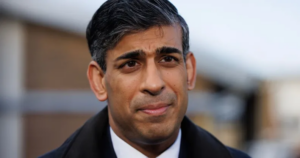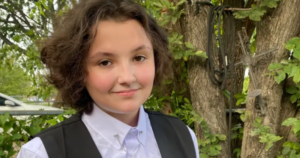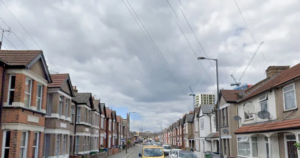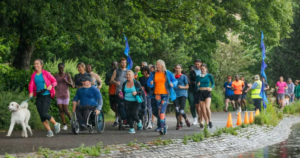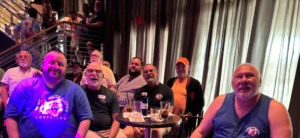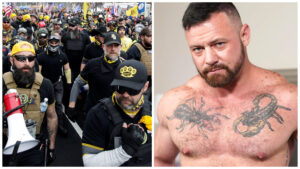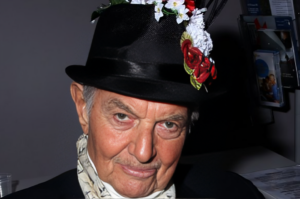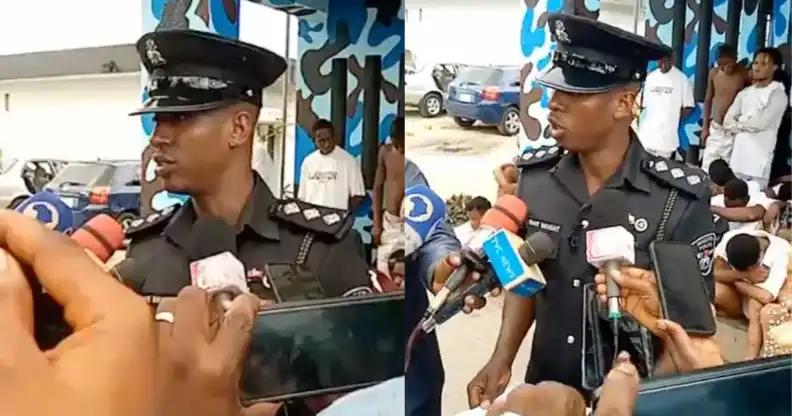
Last month, in Nigeria, 69 individuals who had been arrested in connection with an alleged same-sex wedding were granted bail and released.
In late August, a police raid took place at an event reported as a same-sex wedding celebration in Nigeria’s southern Delta State, resulting in the arrest of over 200 people. Among them, 69 individuals faced prosecution for allegedly participating in or hosting a same-sex wedding ceremony.
It is essential to note that both homosexuality and same-sex marriages are illegal in Nigeria, carrying potential sentences of up to 14 years in prison or 10 years for accomplices.
On September 19th, a high court in Warri, Delta State, ruled that those in custody could be released on bail upon posting a 500,000 naira (£520) bond. Additionally, the suspects were required to sign a monthly register until their next court hearing, according to their lawyer, Ochuko Ohimor.

State prosecutors opposed the court’s decision to release the detainees.
Ohimor stated in an interview with CNN, “They have been officially granted bail by the court under reasonable terms. All of them should be out this week. To act as sureties, individuals must provide evidence of income and reside within the judicial division. The surety should have an annual income of at least one million naira ($1,290).”
Following the initial arrests, authorities paraded the suspects before spectators and journalists. Police spokesperson Bright Edafe explained to local media, “We are bringing this to the attention of the world, especially Nigerians. We are in Africa, and we cannot replicate Western culture because we do not share the same structure and traditions.”
Law enforcement officials reportedly became aware of the wedding after encountering an attendee during their routine patrol.
Amnesty International criticized the arrests, deeming them a violation of various human rights and a “witch hunt.” Their statement emphasized, “In a society marked by rampant corruption, the law criminalizing same-sex relationships is increasingly used by law enforcement officers and the public for harassment, extortion, and blackmail. This is unacceptable.”
Ochuko Ohimor, who represented all 69 suspects, disclosed that he faced significant criticism for taking on their cases. He expressed his experience, saying, “I have faced severe backlash. Some accuse me of being a gay lawyer for defending them. People regard me with disdain for standing up for them.”
Author












